While I was at a museum the other day, one of the archivists asked me a question that I hear often: “What is the difference between a coffin and a casket…or is there one?”
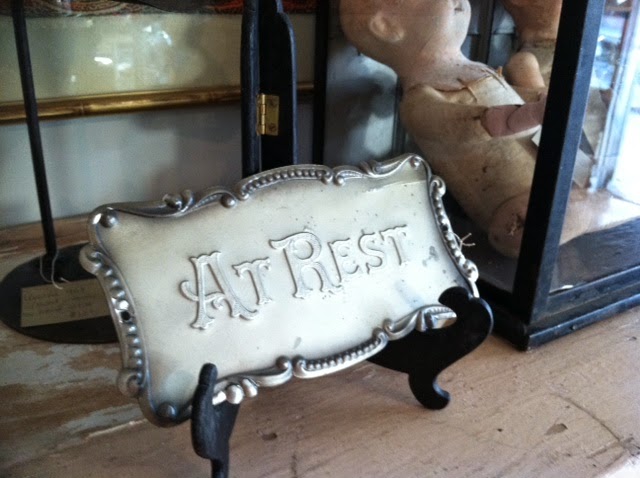 I was glad I had the answer to share with her. Yes, there is a difference although we tend to use the two terms interchangeably.
I was glad I had the answer to share with her. Yes, there is a difference although we tend to use the two terms interchangeably.
COFFIN
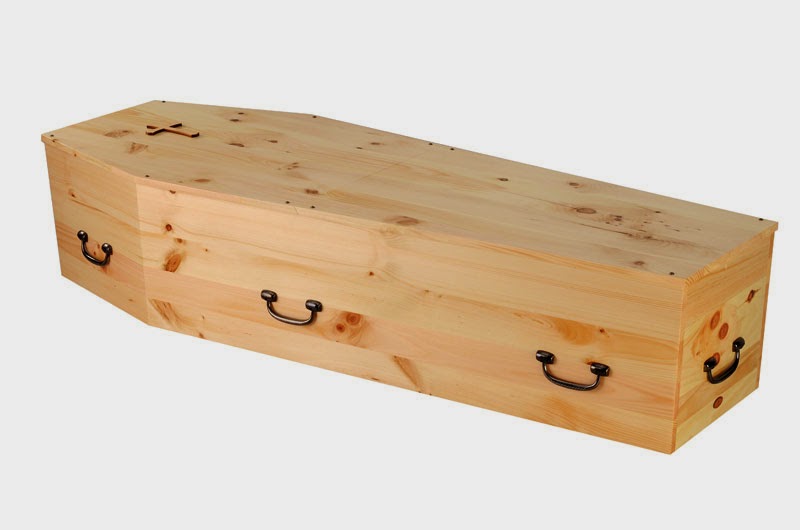 Wooden coffins, which came into use around the early part of the 16th century in the western world, typically have six sides, and the lid lifts off completely. Once the deceased was placed inside, the lid was nailed shut. Think about the classic Halloween decoration or old black-and-white vampire movies, and you have the idea.
Wooden coffins, which came into use around the early part of the 16th century in the western world, typically have six sides, and the lid lifts off completely. Once the deceased was placed inside, the lid was nailed shut. Think about the classic Halloween decoration or old black-and-white vampire movies, and you have the idea.
The silhouette is wider at the shoulders and narrows toward the feet. The only handles, if any at all, would have been functional loops of rope to carry it to the graveyard.
CASKET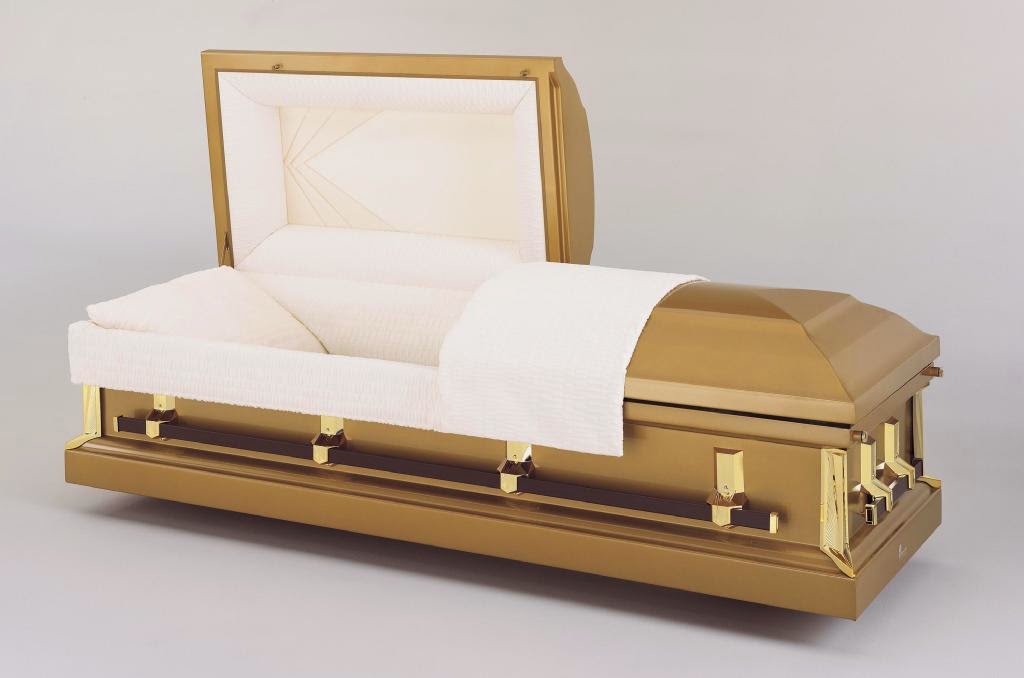
You may be surprised that this was a term originally used for jewelry boxes. When the Victorian sensibilities of proper mourning and tribute came into fashion, the word “casket” began being used for the burial receptacles as well. It makes sense I suppose, since it would hold something precious and certainly sound kinder to the ears of those left behind.
The casket is different in shape as well, being elongated and four-sided.
Some caskets feature a split lid to allow for easier viewing of the deceased. This would have been impractical with wooden coffins. The lid of a casket is also hinged, so it is hover entirely detached from the lower portion.
Lined with metal on the interior, unlike coffins, caskets also usually feature six metal handles for pallbearers.
Bits of Related Trivia:
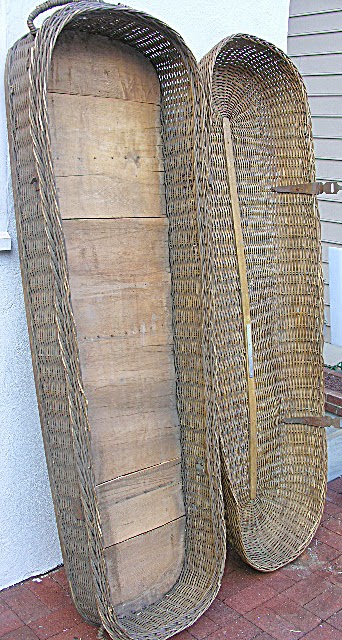 The Greek word “kophinos,” meaning basket, refers to the fact that wicker baskets were used in days gone by. There is a new interest in utilizing them for “green burials.”
The Greek word “kophinos,” meaning basket, refers to the fact that wicker baskets were used in days gone by. There is a new interest in utilizing them for “green burials.”
Ancient Greeks often buried their dead in a sitting position in clay pottery.
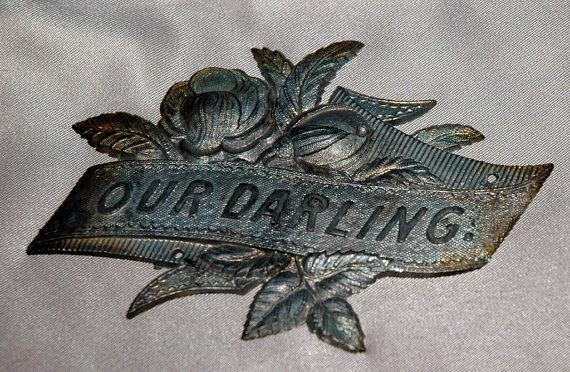 “Fittings” or “coffin furniture” were/are external details such as crucifixes, handles and name plates. The local mortician would often offer “rental” of such adornments which would then be removed immediately before burial.
“Fittings” or “coffin furniture” were/are external details such as crucifixes, handles and name plates. The local mortician would often offer “rental” of such adornments which would then be removed immediately before burial.
“Trim” was a term used to refer to fabric used to line the interior of coffins.
When a coffin is 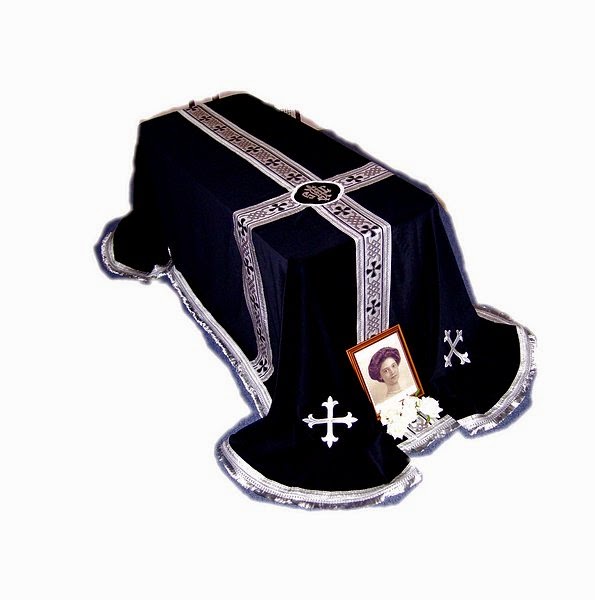 used to transport a deceased person it is called a “pall,” hence the term “pallbearer” for those that carry it. The word can also refer to a cloth used to drape over the coffin.
used to transport a deceased person it is called a “pall,” hence the term “pallbearer” for those that carry it. The word can also refer to a cloth used to drape over the coffin.
I hope that you found this posting interesting…and not too morbid.
What bit of trivia do you have to share about the subject?
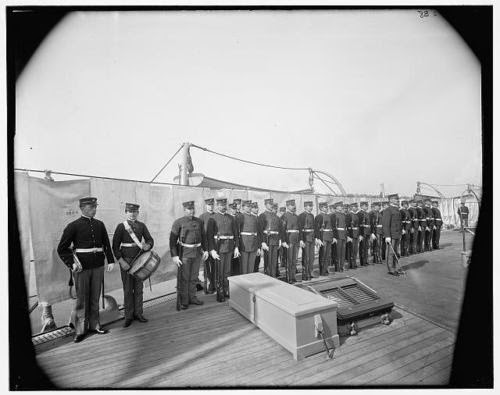
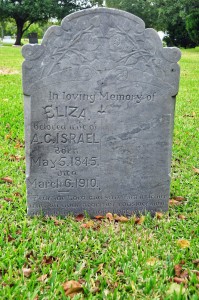 While walking through the LaPorte Cemetery in Harris County, Texas this gravestone caught my attention. It’s a lovely marker in wonderful shape, despite being over 100 years old. But what intrigued me is that someone seems to be missing.
While walking through the LaPorte Cemetery in Harris County, Texas this gravestone caught my attention. It’s a lovely marker in wonderful shape, despite being over 100 years old. But what intrigued me is that someone seems to be missing.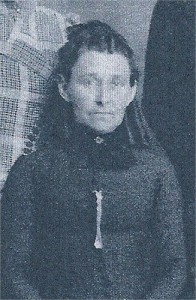

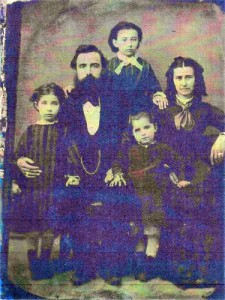
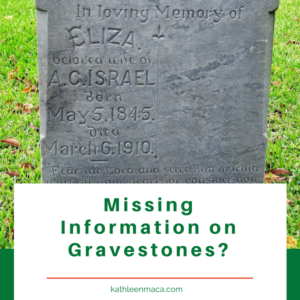
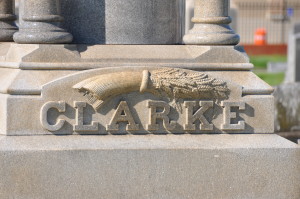
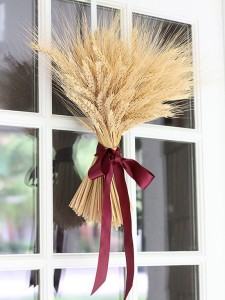 ng holidays, we are surrounded by symbols of harvest and bounty. One of the most popular symbols of the season’s bounty is a sheaf of wheat, which is why it is often incorporated into decorations.
ng holidays, we are surrounded by symbols of harvest and bounty. One of the most popular symbols of the season’s bounty is a sheaf of wheat, which is why it is often incorporated into decorations.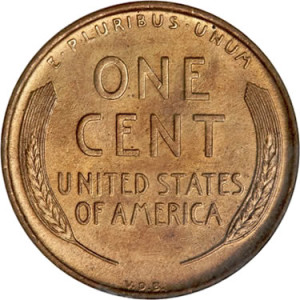 The image is so connected with bounty and prosperity that it was at one time used on United States currency.
The image is so connected with bounty and prosperity that it was at one time used on United States currency.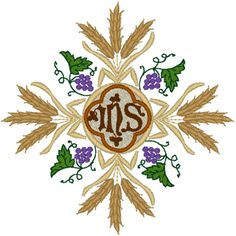 Eucharist, a motif of everlasting life through belief in Jesus. Therefore when wheat is used on gravestones or memento mori, it represents a divine harvest – being cut to resurrect the “harvest” into everlasting life or immortality.
Eucharist, a motif of everlasting life through belief in Jesus. Therefore when wheat is used on gravestones or memento mori, it represents a divine harvest – being cut to resurrect the “harvest” into everlasting life or immortality.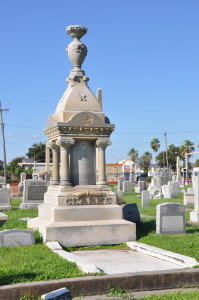 The wheat sheaf can also signify a long and fruitful life, often more than 70 years.
The wheat sheaf can also signify a long and fruitful life, often more than 70 years.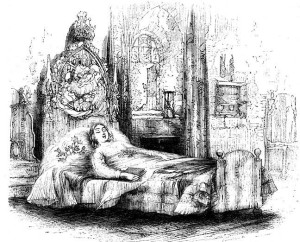 Folklore and customs concerning death and cemeteries can run from humorous to gruesome, and are almost always entertaining. Most of us have heard it’s bad luck to walk across a grave or speak ill of the dead, but if you didn’t know that collecting epitaphs could cause you to lose your memory perhaps you should read on…just in case!
Folklore and customs concerning death and cemeteries can run from humorous to gruesome, and are almost always entertaining. Most of us have heard it’s bad luck to walk across a grave or speak ill of the dead, but if you didn’t know that collecting epitaphs could cause you to lose your memory perhaps you should read on…just in case!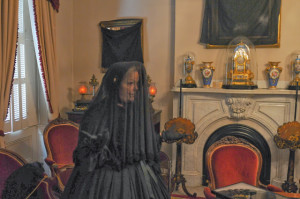
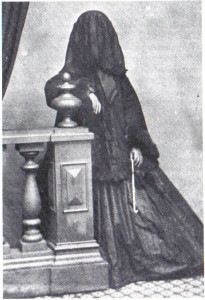
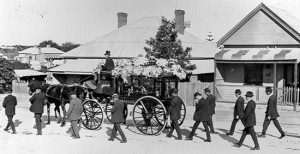
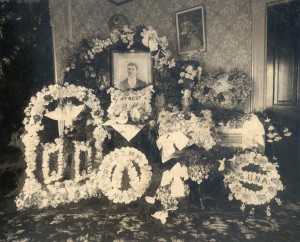
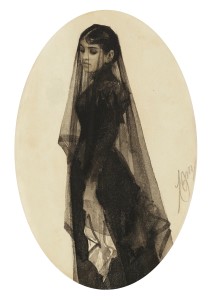
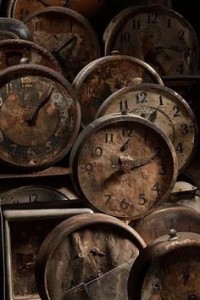
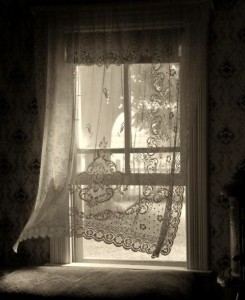
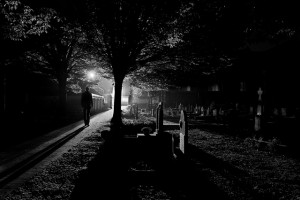


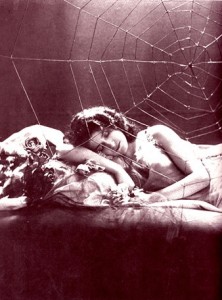
 I was glad I had the answer to share with her. Yes, there is a difference although we tend to use the two terms interchangeably.
I was glad I had the answer to share with her. Yes, there is a difference although we tend to use the two terms interchangeably. Wooden coffins, which came into use around the early part of the 16th century in the western world, typically have six sides, and the lid lifts off completely. Once the deceased was placed inside, the lid was nailed shut. Think about the classic Halloween decoration or old black-and-white vampire movies, and you have the idea.
Wooden coffins, which came into use around the early part of the 16th century in the western world, typically have six sides, and the lid lifts off completely. Once the deceased was placed inside, the lid was nailed shut. Think about the classic Halloween decoration or old black-and-white vampire movies, and you have the idea.
 The Greek word “kophinos,” meaning basket, refers to the fact that wicker baskets were used in days gone by. There is a new interest in utilizing them for “green burials.”
The Greek word “kophinos,” meaning basket, refers to the fact that wicker baskets were used in days gone by. There is a new interest in utilizing them for “green burials.” “Fittings” or “coffin furniture” were/are external details such as crucifixes, handles and name plates. The local mortician would often offer “rental” of such adornments which would then be removed immediately before burial.
“Fittings” or “coffin furniture” were/are external details such as crucifixes, handles and name plates. The local mortician would often offer “rental” of such adornments which would then be removed immediately before burial. used to transport a deceased person it is called a “pall,” hence the term “pallbearer” for those that carry it. The word can also refer to a cloth used to drape over the coffin.
used to transport a deceased person it is called a “pall,” hence the term “pallbearer” for those that carry it. The word can also refer to a cloth used to drape over the coffin.